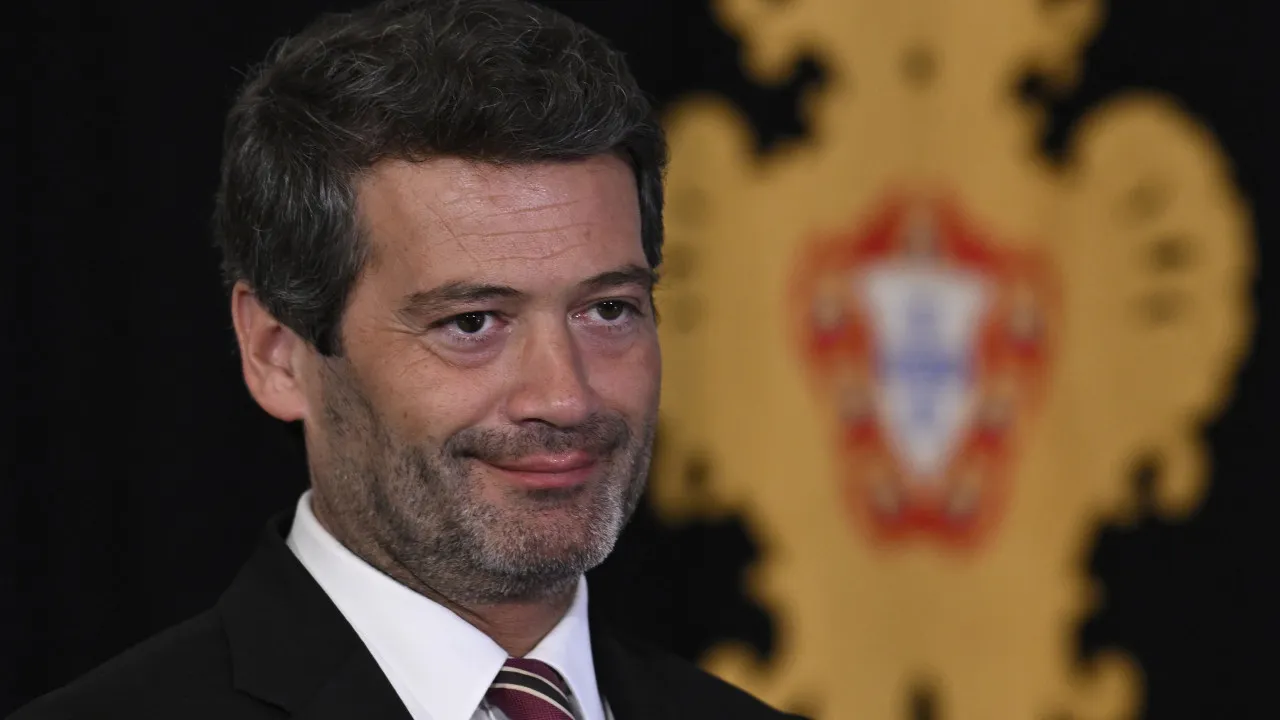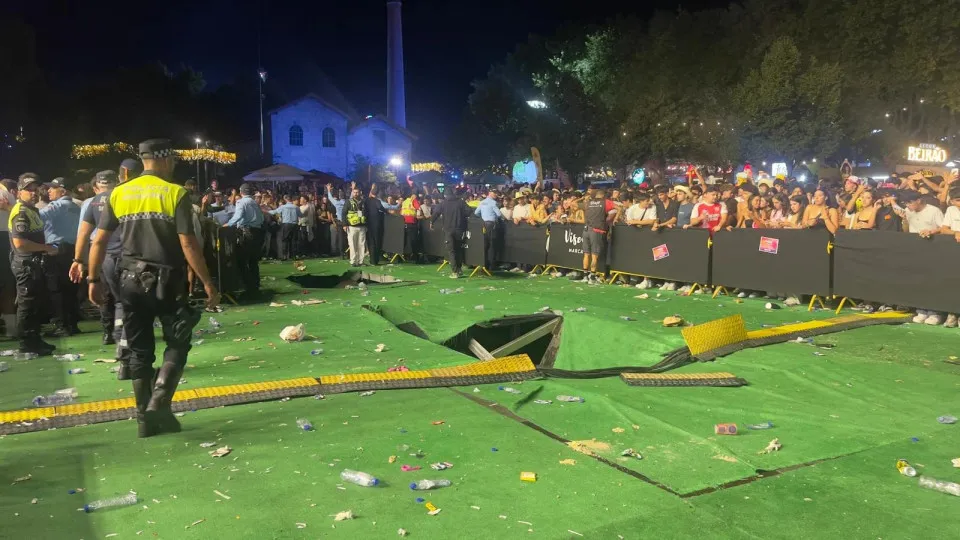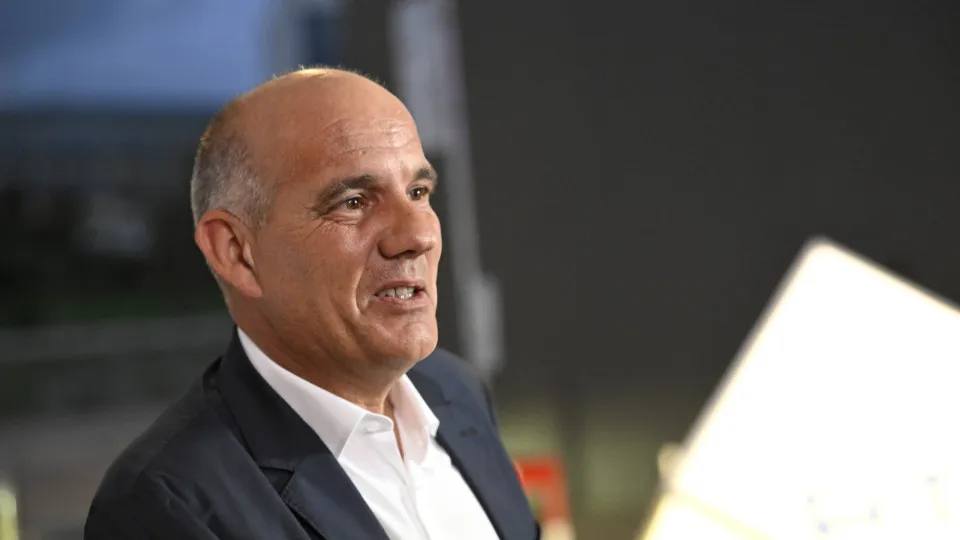
This position was conveyed by André Ventura in response to the decision of the President of the Republic to submit to the Constitutional Court the parliamentary decree amending the legal regime for the entry, stay, exit, and removal of foreigners from national territory, approved by PSD, Chega and CDS-PP.
Marcelo Rebelo de Sousa requested a preventive review of the constitutionality of the rules regarding the right to family reunification and the conditions for its exercise, the deadline for decisions by the Agency for Integration Migrations and Asylum (AIMA), and the right to appeal.
André Ventura stated that he would provide a more detailed stance on the head of state’s decision to refer to the Constitutional Court on Friday, but criticized the consequences of this choice, believing it would halt and delay an urgent revision of immigration law.
“We risk this becoming similar to other legislative processes that never came into effect or were left incomplete. If the President of the Republic has constitutional doubts, they need to be clarified. But I hope this is not a reason for border control to continue to be non-existent,” he declared.
For the president of Chega, “the political system must recognize that delaying the immigration law could lead to even greater chaos in immigration control.”
Before journalists, André Ventura also expressed the belief that the President of the Republic might soon submit the nationality law revision to the Constitutional Court, another legislative piece facing constitutional doubts, but which is only set for a final overall vote in parliament in September.
“If I were not the leader of Chega and were analyzing this situation, I would say that if this immigration law went to the Constitutional Court, then with 99.9% certainty, the nationality law proposal will too,” he commented.
The president of Chega also issued political warnings about the potential necessity for a Fundamental Law review in parliament, still within this legislature, if these two pieces of legislation do not pass the Constitutional Court. He also advocated for changes concerning the Constitutional Court itself.
André Ventura warned that he would “say something that might not be well understood, but it is essential to ponder over it.”
“The Constitutional Court is a court with specific characteristics in the country, and we must ensure it applies and interprets the Constitution without leaning to the left or right,” he stated.
He indirectly alluded to the upcoming process in parliament for replacing several Constitutional Court judges, which requires a two-thirds majority in parliament.
“We will have a redefinition of the Constitutional Court, and it is important that in this redefinition, the values of the representative majority are also present to ensure the country has a fair representation in the values of defending life, fighting corruption, and combating immigration—and not just a left-leaning bias in these institutions, something we have always had,” he added.
The new regime limits work search visas to “qualified work,” restricts immigrant family reunification, and alters conditions for granting residence permits to citizens of the Community of Portuguese Language Countries (CPLP).
PS, Livre, PCP, BE, PAN, and JPP voted against, while IL abstained from the final global vote on the substitute text, drafted from a PSD/CDS-PP Government proposal and a law project by Chega.
The changes include limiting work search visas to “qualified work”—for people with “specialized technical skills,” and restricting immigrant family reunification, granting more rights in this area to those with certain types of residence permits such as the so-called “golden visas.”
Regarding the granting of residence permits to citizens from CPLP and covered by the respective mobility agreement, the new regime requires holding a prior residence visa—when currently a short-term visa or legal entry into national territory suffices.



